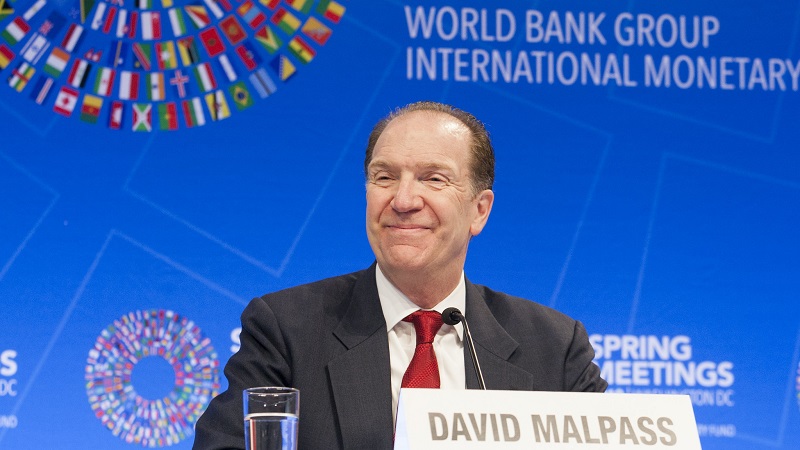The World Bank Group has steadily squeezed lending to fossil fuel projects in recent years, but it still has a way to go in the clean energy transition.
As Donald Trump appointee David Malpass takes the helm, will the bank stay its course? Malpass has been making reassuring noises at the spring meetings in Washington DC, but the US political priority is economic growth. Let’s see.
UK chancellor Phillip Hammond, for one, is set to argue that the future of capitalism depends on tackling climate change. He will take part in a newly formed coalition of finance ministers for climate action led by Chile and Finland, according to a statement.
Emmanuel Kimbe of the Christian Council of Tanzania wrote about why it matters to the world’s energy poor.
Two weeks ago, we published an investigation into how a major climate NGO failed to act on warnings about its bullying boss.
Following these revelations, climate leader Laurence Tubiana called for an independent harassment referee for the climate movement.
Our coverage has clear impact, but this type of reporting is increasingly rare because it is expensive and resource-heavy. This investigation was the product of months of interviews, research and legal consultation.
With no paywall, we rely on reader support to continue this work. Please become a patron today, and contribute what you can. Thank you.
India elects
Parliamentary elections kicked off this week in the world’s largest democracy.
Congress, the largest opposition party, has published its greenest manifesto to date, declaring air pollution a “national health emergency”. Narendra Modi’s BJP is heavily focused on national security.
Neither party has a great track record of delivering on green pledges in office, but climate advocates saw some positive ideas to build on.
Parklife
Contrary to earlier warnings, Chile has found a big enough site to host UN climate talks in one place this December.
The Cop25 presidency is going down the tent village route, on a former airport-turned-park in Santiago. Weather is typically sunny and dry at that time of year, with temperatures a mild 11-29C.
At a launch event, President Sebastián Piñera called on countries to bring more ambition to the table.
Climate conversations
EU must back indigenous people against Bolsonaro’s attacks – Sonia Guajajara and Nicole Polsterer
Rebuilding after landslides
When mud and rocks flatten your home, what next? We have two reports from landslide-hit villages, where residents still live in fear of the weather forecast.
In western Rwanda, Sophie Mbugua met young people left behind as the government prioritised families for relocation.
On the slopes of Mount Elgon in Uganda, Frederic Musisi Timberlake asked why a climate finance pilot failed to take root.
EU-China cooperation
Expectations on climate were low going into this week’s EU-China summit, but the two powers managed to present a united front.
Overcoming their differences on trade to agree on a joint statement, they expressed the importance of climate leadership. Neither side had any new commitments to offer.
A separate energy pact called for cooperation on renewables, energy efficiency and the LNG market.
